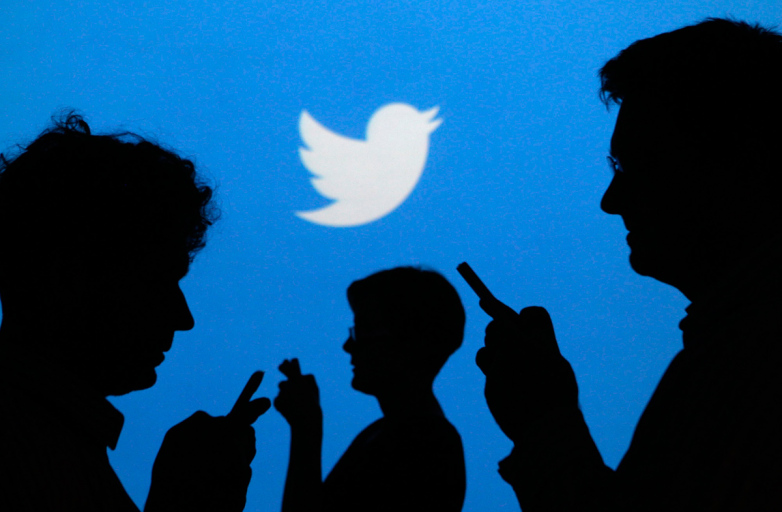
On Friday, Twitter introduced new guidelines for organizations that advertise on political causes like climate change and abortion.
Starting November 22nd, there will be two new advertising polices in place: one for political content and one for cause-based advertising. The political content policy forbids the paid promotion of any content that references candidates, political parties, government officials, legislation, regulation, referendums, or ballot measures.
The result effectively bans campaigns and candidates from spending money on Twitter ads. The restriction also bans ads from PACs, super PACs, and 501(c)(4) organizations, which are often used as campaign-adjacent fundraising vehicles in the United States.
Twitter’s CEO Jack Dorsey announced the ban in October in a tweet thread, saying that the company’s move wasn’t about free expression, but the difference between earning and paying for reach. The ban was met with quick criticism from advocates who were concerned that their issue-based ads would be banned as well.
Meanwhile under the new cause-based advertising rules, ads covering topics like climate change, abortion, or animal rights will be restricted rather than entirely banned. Issue-based advertisers won’t be allowed to target users based on their demographics like age, race, or specific location, although state- and province-level targeting will still be allowed. Advertising based on keywords like liberal or conservative will also be banned for these organizations.
Twitter’s vice president of trust and safety Del Harvey told reporters on Friday that the company will keep a public list of banned keywords and update it as time goes on. The list is expected to be released next week.
Issue-based organizations will still be subject to the political content restrictions, which means they’ll be prohibited from running ads that drive political, judicial, legislative, or regulatory outcomes.
Generally, this means that organizations like women’s groups could run ads supporting feminist causes, but could not advocate for the passage of specific measures like the Equal Rights Amendment. News organizations will be exempt from this restriction, so long as they do not advocate for a specific politician or policy outcome.
Twitter’s legal, policy, and trust and safety lead Vijaya Gadde told reporters Friday: “We believe that political messaging should earn their reach, because internet political ads present entirely new challenges for political outcomes.”





